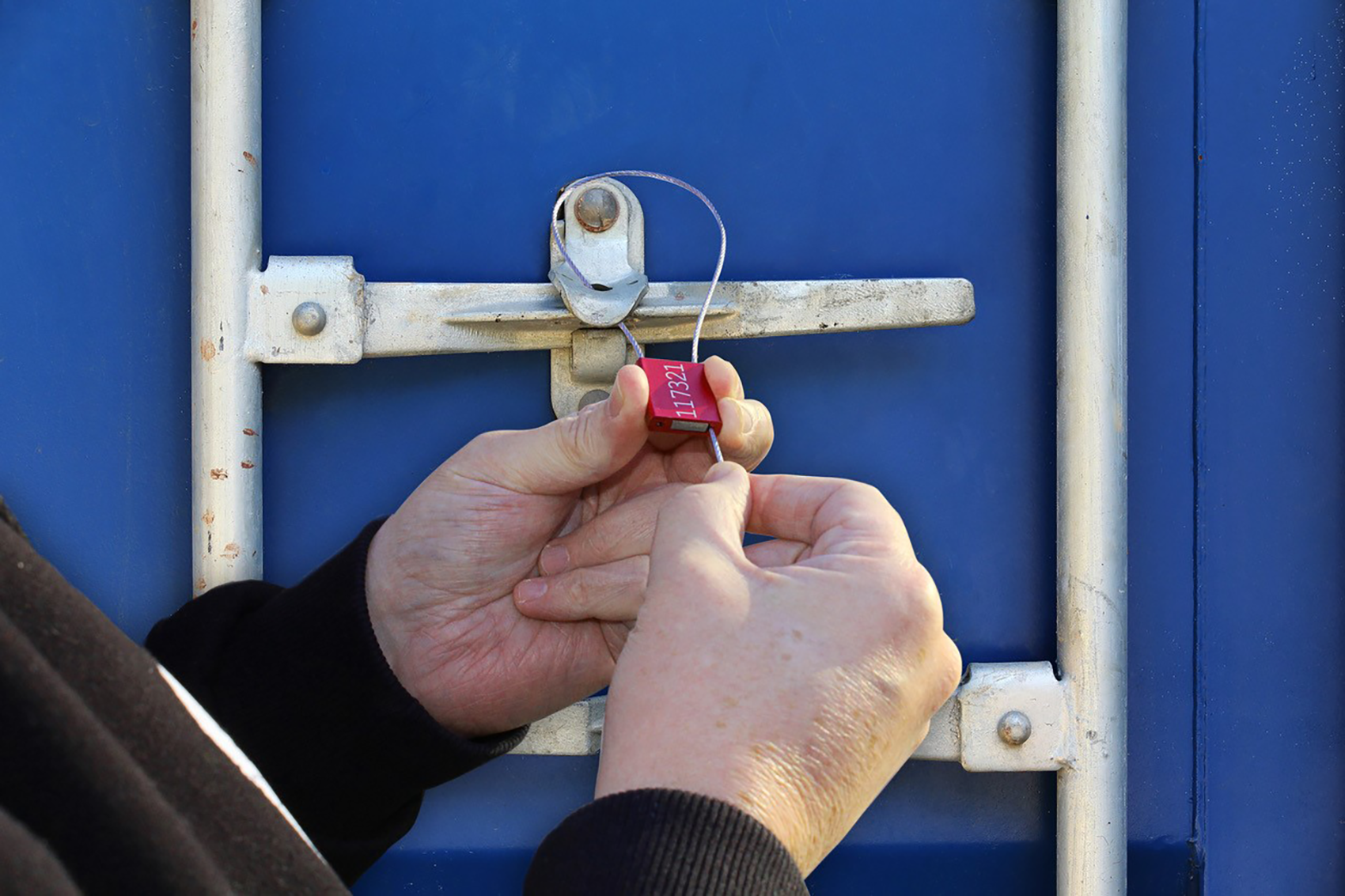Nowadays, using social media is more than just a habit; it’s often something that people can’t stop doing. While social media sites like Instagram, TikTok, and Facebook provide fun, connection, and information, the constant scrolling can cause stress, less work getting done, sleep problems, and worsen relationships in real life. Thankfully, one of the best ways to stop being so dependent on social media is to replace screen time with activities that don’t involve screens that stimulate the mind, engage the senses, and restore mental balance.
Here are several engaging, screen-free activities that can help curb the craving for social media and foster a healthier, more mindful lifestyle.
1. Journaling or Creative Writing
Writing by hand has therapeutic benefits. Journaling allows you to reflect, express emotions, and explore thoughts in a private, judgment-free space. You can try gratitude journaling, poetry, short stories, or even start a personal memoir. This screen-free habit builds self-awareness and reduces the emotional triggers that often lead to mindless scrolling.
2. Engage in Nature Walks or Outdoor Activities
Spending time outdoors reconnects us with the real world. It can help you feel more centered and less stressed to go for a walk, climb, or just sit in a park. Leave your phone behind or keep it on airplane mode to avoid the temptation of notifications. Activities like gardening, biking, or birdwatching also provide purposeful movement and mental clarity.
3. Board Games and Card Games
Reignite your love for tabletop fun. Card and board games are great ways to hang out with other people without using computers. Whether you’re playing with family, friends, or even coworkers, games encourage laughter, strategy, and bonding—offering the kind of connection that social media only pretends to deliver.
4. Arts and Crafts
Hands-on creative expression like painting, sketching, pottery, or knitting not only activates different parts of the brain but also provides a calming escape from screen-based stress. It’s a meditative, productive way to redirect attention and foster a sense of accomplishment.
5. Reading Physical Books
Unlike scrolling through headlines or tweets, reading a physical book allows you to immerse yourself fully in a single topic or story. Create a reading nook and dedicate time each day to dive into fiction, nonfiction, or even magazines. The tactile feel of a book and the absence of pop-up distractions make for a far more enriching experience.
6. Use Conversation Tools Like Discussion Cards
Social media has weakened our ability to engage in deep, meaningful conversations. One screen-free solution is to use discussion cards designed to spark thoughtful, in-person dialogue. Products like the Impact of Social Media Addiction Discussion Cards by Sapient America help individuals, families, and educators start conversations about the psychological and emotional effects of excessive screen time. These tools are ideal for workshops, therapy sessions, or family dinners, promoting authentic communication and reflection.
7. Volunteer or Community Involvement
Giving back is a powerful way to reconnect with others and find purpose beyond digital validation. Help out a shelter, food bank, or community center in your area by volunteering. Volunteering not only lets you meet new people, but it can also make you feel better and make you less likely to want to escape into a digital world.
8. Mindfulness Practices
Practices such as meditation, yoga, and deep breathing exercises promote presence and mental clarity. When you learn to sit with your thoughts instead of reacting to every urge for stimulation, you reclaim control over your attention span. It only takes a few minutes a day to make a difference that lasts.
Final Thoughts
The constant craving for social media isn’t just a habit—it’s a symptom of deeper emotional needs. By intentionally incorporating screen-free activities into your daily routine, you can satisfy those needs in healthier, more fulfilling ways. Tools like Sapient America’s discussion cards offer valuable support in addressing this challenge head-on, making it easier to start a conversation, build awareness, and promote meaningful change—offline and in real life.




